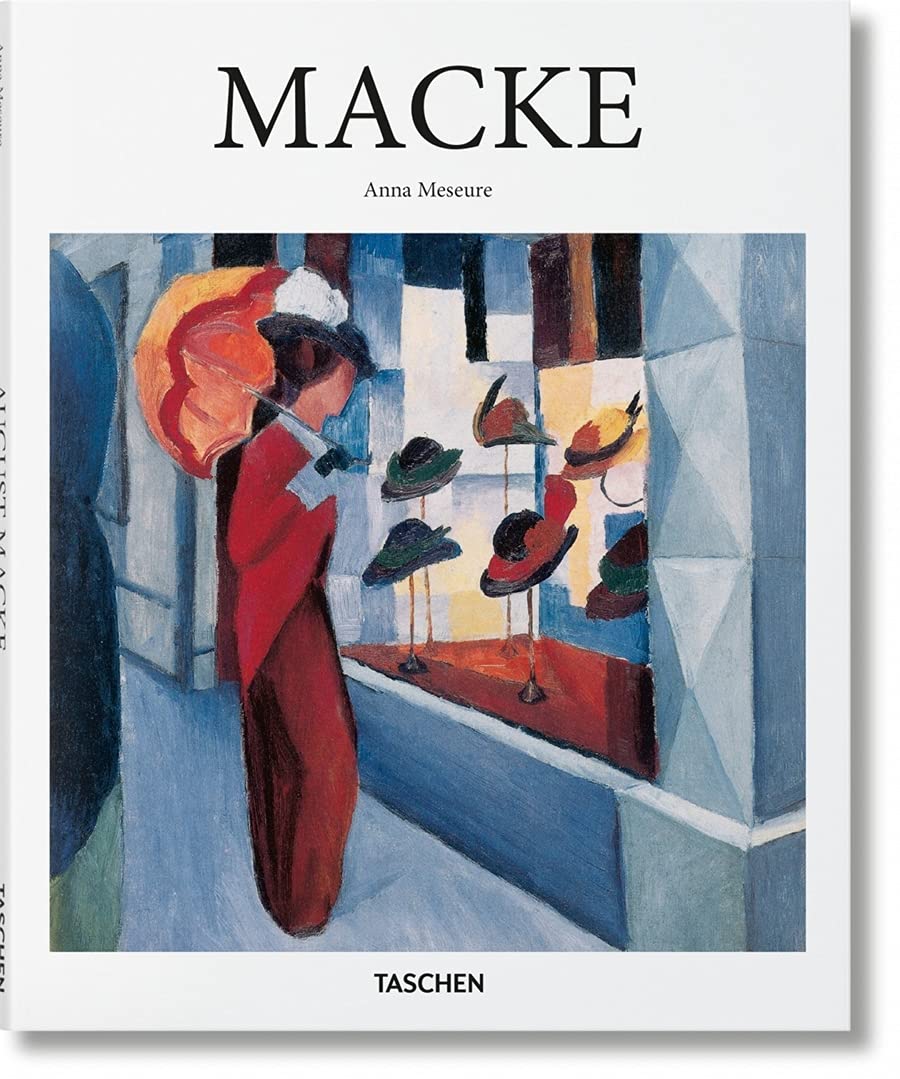August Macke is today considered a lead figure in Weimar-era art and a pioneer of Expressionist painting. With his color-led interpretations of beauty, Macke combined facets of Impressionism, Post-Impressionism, and Fauvism into a style at once kaleidoscopic and uniquely his own. From cheerful scenes of parks to his final major work Farewell, discover the life of “Mister Color.”
August Macke’s vivid shades still resonate a century after his death
August Macke (1887–1914) quickly ascended to notoriety, only to be killed at the tender age of 27 at the start of World War I. Despite his brief career, the artist left a remarkable oeuvre in his wake, his obsessions with color reflecting aspects of Impressionism, Post-Impressionism, Fauvism, and Expressionism.
Through his engagement with these diverse schools of art, Macke assimilated disparate influences and approaches into a style entirely his own. Grouped with the Blaue Reiter movement, but eschewing the mysticism that often pervaded the works of its artists, Macke returned time and again to color-led interpretations of beauty, whether the kaleidoscopic watercolor Bright Women in front of the Hat Shop (1913), or the shimmering hues of Lady in a Green Jacket (1913). These colors reached their zenith in 1914 when Macke traveled with Klee and Moilliet to Tunis and became acquainted with North African light.
With leading examples from his vivid painterly world, this book introduces us to Macke’s short but influential career as a pioneering Expressionist. From cheerful scenes of parks, zoos, and promenades to his final major work, ominously titled Farewell (1914), we explore a remarkable talent for visual impact and an intense pursuit of the emotional possibilities of color.

